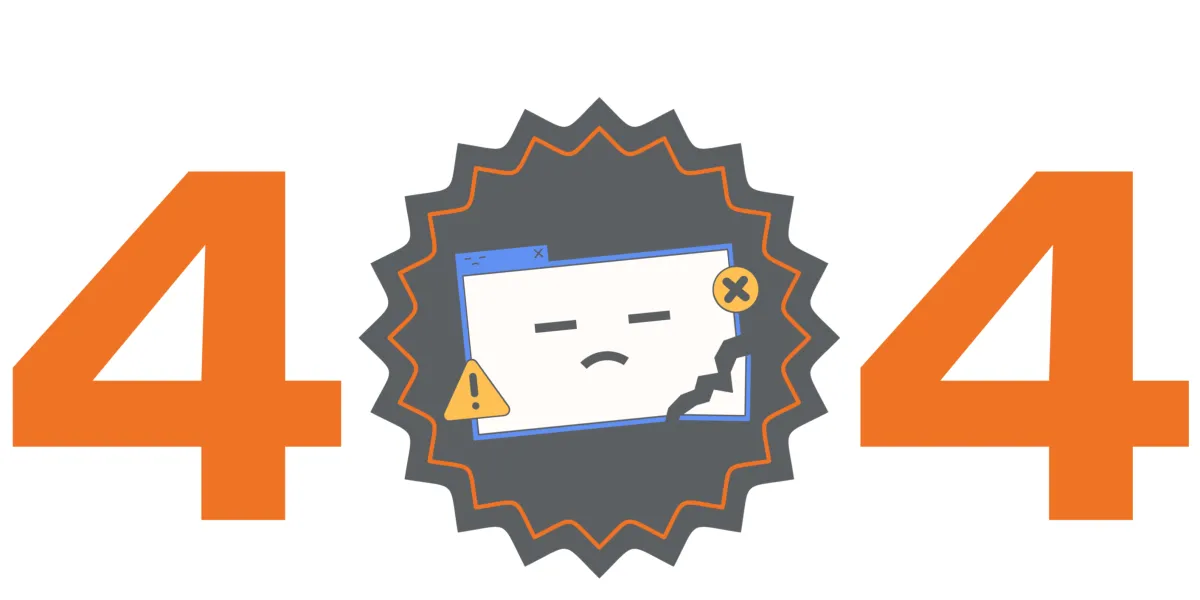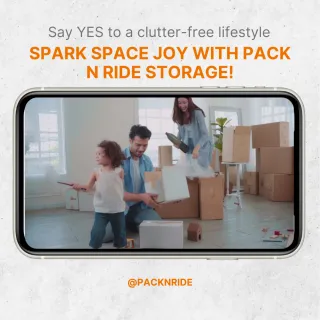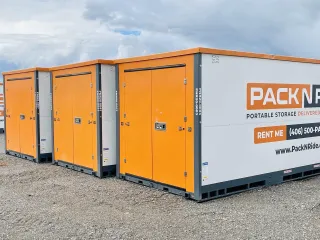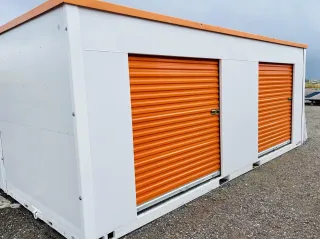
Page Not Found
The page seems to be missing, perhaps it’s time to go back home?
This might help:
-Check is you spelled the address correctly.
-The page might no longer exist or has been moved.
Read Our Latest Blogs
Lorem ipsum dolor sit amet, consectetur adipiscing elit.

Essential Packing Supplies Storage Solutions
Discover top-notch Packing Supplies Storage in Belgrade for all your moving needs. Secure the best materials for a stress-free transition. ...more
Self-Storage
March 31, 2024•8 min read

Secure Specialty Items Storage in Belgrade
Discover our secure Specialty Items Storage in Belgrade, offering climate-controlled units for your valuables. Trust us for safekeeping. ...more
Self-Storage
March 30, 2024•11 min read

Eco-Friendly College Storage in Belgrade
Find the ideal eco-friendly college storage in Belgrade, offering affordable, convenient, and sustainable solutions for students. ...more
Self-Storage
March 29, 2024•12 min read





